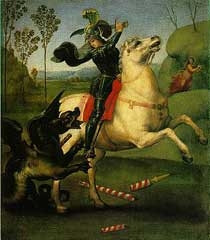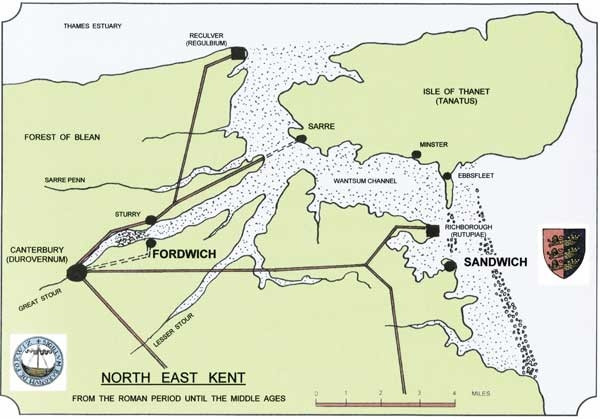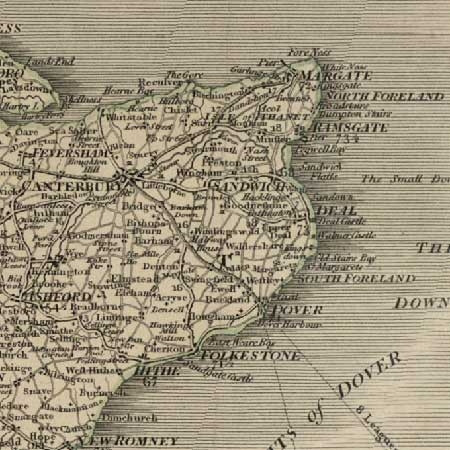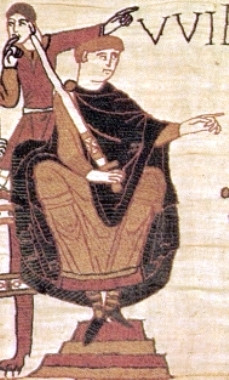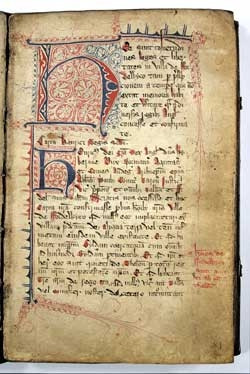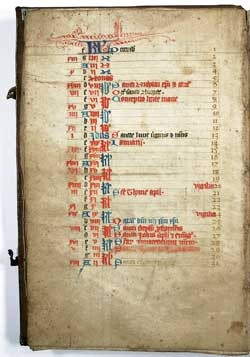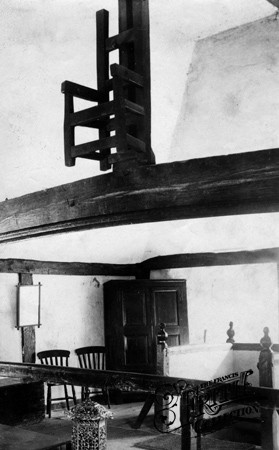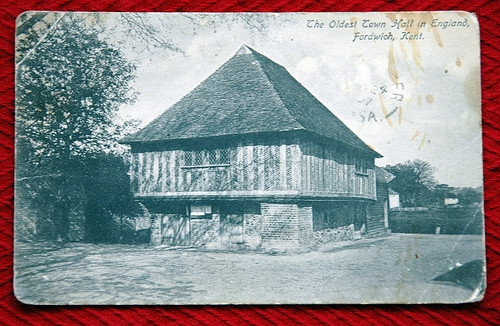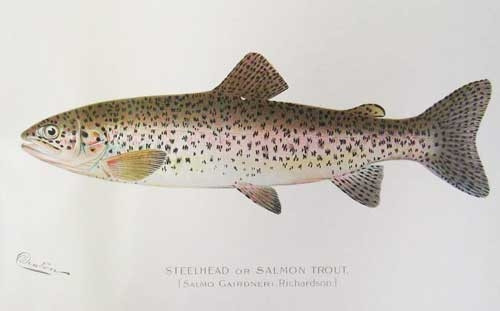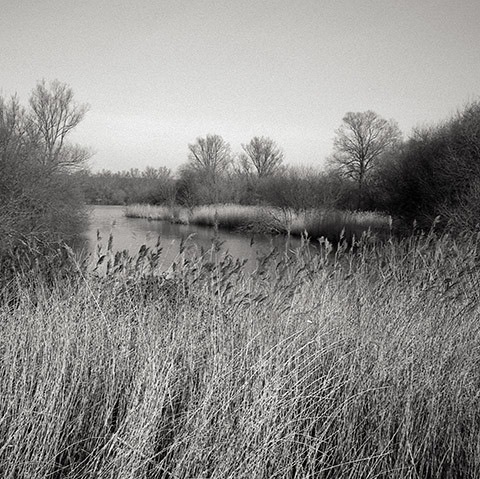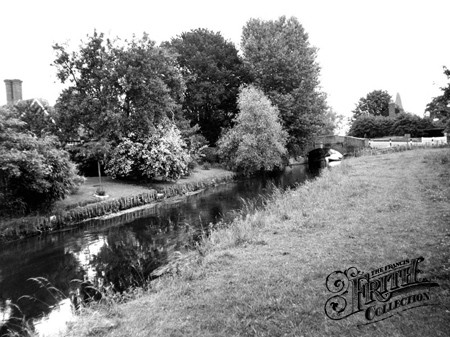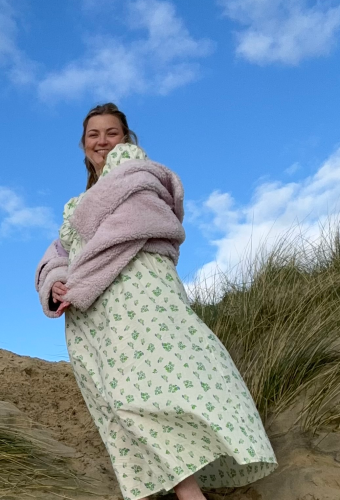The legend
The George and Dragon pub was named after St George, the patron saint of England.
The legend of George and the dragon was a myth bought back by the crusaders, and the earliest known depiction of the story dates from the eleventh century.
In the myth, a dragon makes its nest at the spring that provides water for the city of "Silene" (perhaps modern Cyrene) in Libya. Consequently, the citizens have to dislodge the dragon from its nest for a time, in order to collect water. To do so, each day they offer the dragon at first a sheep, and if no sheep can be found, then a maiden must go instead of the sheep. The victim is chosen by drawing lots. One day, this happens to be a princess. The monarch begs for her life with no result. She is offered to the dragon, but George, who appears to be an itinerant knight, comes round the corner in the nick of time. He faces the dragon, protects himself with the sign of the cross, slays it and rescues the princess. The grateful citizens are so impressed by his courage and faith, they abandon their ancestral paganism and convert to Christianity.
King Edward II was so impressed by the tale, he made George the patron saint of England, adopting his banner of a red cross on a white background, which to this day forms part of the Union Jack.
Fordwich
Fordwich, first mentioned in 675AD as Fordewicum (meaning 'inhabited place beside the ford') has been home to the George and Dragon since around the 15th Century. The town has a unique and vibrant history.
In Roman times and up until the Middle Ages, Thanet was an island, separated from Kent by a channel some miles wide called the Wantsum (twinned with an estuary in France called the 'Avsum). An arm of the sea came as far as Canterbury and was navigable as far as Fordwich.
The port no longer exists as the estuary became silted up over time, and by the late 18th century, the geography of the area had changed dramatically.
As a consequence of its position at the head of the estuary, controlling crucial transport links, the town has always had an importance beyond its size. Take, for instance, this proclamation by King William (William the Conqueror) concerning land rights at Fordwich:
'WILLIAM KING OF THE ENGLISH TO LANFRANC ARCHBISHOP, AND HAMO SHERIFF, AND R. SON OR EARL G, AND H. SHERIFF, AND ALL THE THANES OF KENT FRENCH AND ENGLISH GREETING.
KNOW YE THAT THE BISHOP OF BAYEUX MY BROTHER FOR THE LOVE OF GOD AND FOR THE SALVATION OF MY SOUL AND OF HIS OWN HAS GIVEN TO ST. AUGUSTINE'S WHATSOEVER HE POSSESSED AT FORDWICH AS WELL IN LANDS MEADOWS AND HOUSES AS IN OTHER RIGHTS AND THAT HE HAS GIVEN WHAT HE HAS GIVEN WITH MY LEAVE...
WILLIAM KING OF THE ENGLISH BY THE GRACE OF GOD TO LANERANC ARCHBISHOP OR CANTERBURY AND GODEFRIED BISHOP OF CONSTANCE, AND R. COUNT OF EU, AND H. DE M0NTF0RT, AND HIS OTHER NOBLES OF THE KINGDOM GREETING. I COMMAND AND ENJOIN THAT YOU CAUSE ST. AUGUSTINE AND SCOTLAND THE ABBOT TO REPOSSESS THE BOROUGH OF FORDWICH WHICH HAMO THE SHERIFF NOW HOLDS AND ALL'
The Domesday book
In the Domesday book, Fordwich is described as a 'small burgh', one of seven such boroughs in Kent. By the 11th century it became self governing and freed from paying national taxes, in return for providing ships and men to fight for the crown.
As part of the self-governance of Fordwich, in the late 13th Century, a substantial document delineating the customs and laws of Fordwich was produced, called the Fordwich Customal.
Later the provision of ships was changed to the payment of money, and Fordwich to this day still pays its Ship money of forty old pence to its Head Port of Sandwich, at a ceremony held annually in the Guildhall.
The Port of Canterbury
Until the middle ages Fordwich was known as 'The Port of Canterbury' (more accurately, the port for Canterbury), because it was indeed a port. It sat at the head of the estuary of the River Stour, and was both tidal and navigable.The town owned the quay and the crane, and derived income from duty on imported goods and the hire of the crane. Indeed Canterbury Cathedral passed through the port stone-by-stone from Caen in France as boat cargo, on its way to its final home. The crane can still be seen folded back against the back of the town hall, where it would have been ready to swing out over the river to unload cargo.
A further use for this crane was to raise and lower the Ducking Chair, which can also be seen in the town hall. This was an instrument of punishment whereby female scolds and gossips were dunked in the river repeatedly to quieten their tongues.
But as we have seen, by the late 1700's the estuary had largely silted up. Fordwich found itself stranded inland with restricted access along the River Stour, and had consequently slipped from prosperity.
In 1800, Edward Hasted, in the History and Topographical Survey of the County of Kent, wrote, "The town of Fordwich lies very low and unhealthy, close to the marshes, on the southern bank of the river Stour, a lonely place, of little or no thoroughfare. It is but small and mean, consisting of about thirty houses and cottages. The only remains of antiquity, of its having belonged to the abbey of St. Augustine for a great length of time past, was a losty arched gateway, built of brick, at the entrance to their wharf here, lately pulled down, and a small length of flint wall close to the river. Near which is a large handsome house, belonging to the Blaxlands, and now made use of as a soap manufactory"
The Fordwich Trout
Fordwich is also known as the home of the Fordwich Trout, a legendary large fish described by Izaak Walton in his seminal work The Compleat Angler, published in 1653.
"There is a particular species of trout" wrote Hasted, "which frequents the river Stour, and being for the most part caught within these liberties, is from thence known by the name of Fordwich trout; being esteemed of a superior flavour to most others, and there being but few of them taken in a year, they bear a high price, and are much sought after as a delicacy throughout the neighbourhood."
"They are of a silver colour, speckled with black spots, and the flesh of them is of a yellowish colour; they weigh from four to ten or twelve pounds. They are a very shy fish, insomuch that they are not often taken with a drag net, and seldom or never with a hook. It is supposed they never breed in the river, no small ones being ever found in it, nor large ones with any spawn in them, but that they come from the sea, many of them being taken without the mouth of the river, particularly in the set-nets in Pegwell bay, at the entrance of Sandwich harbour. There are not more than thirty caught here yearly on an average, though they were more caught formerly than for several years past."
Charles Knight in the Penny Cyclopaedia of the Society for the Diffusion of Useful Knowledge (1840) identifies the Fordwich trout as the Salmon trout, the only migratory species of salmon which inhabits the waters of the British Isles
Changing Times
By Victorian times Fordwich had become inaccessible to cargo boats, and finally ceased trading as a port in 1830 when a railway was built linking Canterbury with Whitstable Harbour. With an ever-beady entrepreneurial eye, at this point the town built a narrow bridge over the river and derived income from tolls as carts and wagons came into town. These tolls were leased by the landlord of the George and Dragon. The charge was 1d for a cart and 2d for a wagon, and the toll notice board may still be seen in the Town Hall.
A Canterbury Tale
In 1944, Fordwich and in particular the George and Dragon became the film set for the 'Hand of Glory' pub in the famous film 'A Canterbury Tale' directed by Michael Powell and Emeric Pressburger. Many of the stars and film crew stayed at the George and Dragon whilst filming took place, and film buffs regularly visit the pub to this day.
A Spookier Side to the George and Dragon
The George and Dragon is said to be home to 'The Lady with the Green Hat', who is believed to have haunted the building for as long as anyone can remember. She is thought to wander the pub and grounds, always wearing her green hat. And whether it has anything to do with our 'Lady in The Green Hat' or not, the story goes that the telephone downstairs, although having been disconnected many years ago, still rings at times.

